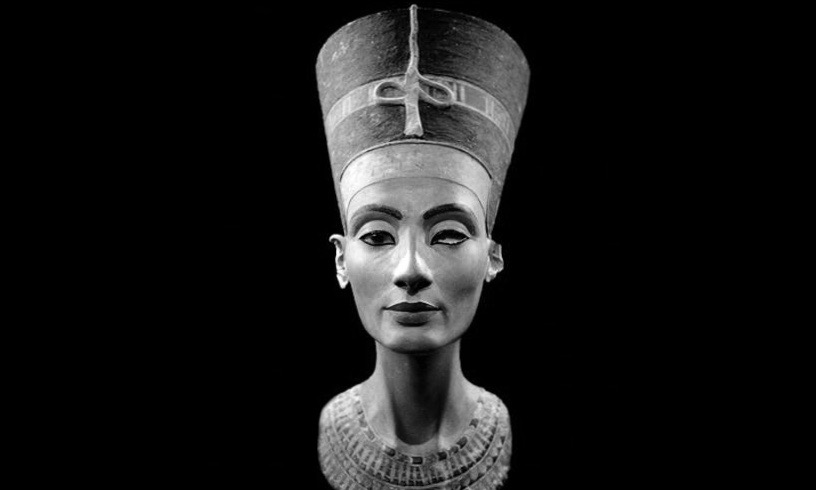When author’s right on a statue in the public domain “resurrect”
The “Neues Museum” in Berlin keeps amongst its collection of ancient Egypt works a more than 3000 years old bust of Nefertiti, the wife of pharaoh Amenophis IV. Recently, the museum has scanned the statue with the help of 3D technology and recreated a digital copy. This replica was then made available under the terms of Creative Commons BY-NC-SA licence. This means that the rights have to be attributed to the museum, the work can be used for non-commercial purposes only and that it has to be shared under the same licence. Is this permitted?
Creative Commons explained that ownership of rights on the work is a prerequisite for the use of their licences. If the work is in the public domain, licences cannot be used or rather they are not effective. In such cases, dedication to the public domain is more adequate.
There is no doubt that the statue is in the public domain as copyright on the work never existed (the first copyright act originates from 1710). What is questionable is whether there can exist rights on the 3D replica of the work. Member states of the European Union have, until recently, regulated this question very differently. German courts have recognised some neighbouring rights on the reproductions of the work in the public domain when the standard of individuality was not met. Such a regulation is no longer consistent with the EU law. Article 14 of the Directive on Copyright in the Digital Single Market provides that non-original reproductions of works in the public domain cannot be protected by copyright or neighbouring rights. The legality of controversial practices of institutions, that are supposed to safeguard cultural heritage and not claim ownership over it, is just a matter of time.
The Grand Board of the European Union Intellectual Property Office (EUIPO) finally ruled that the figurative sign ‘COVIDIOT’ cannot be registered as an EU trademark.
The 4th Open Knowledge Day took place on Tuesday 17 October 2023, with an accompanying workshop on 18 October 2023. This year it was organised by the Open Data and Intellectual Property Institute (ODIPI) and supported by Knowledge Rights 21 (KR21).
We invite you to the fourth Open Knowledge Day and the workshop, which will take place this year within the framework of the programme and with the support of Knowledge Rights 21. The event will bring together experts from different European countries to discuss two topics: the first part will deal with the legal basis for data analytics, which is a key part of machine learning and related artificial intelligence, and the general exception for research. In the second part, open science in theory and practice will be presented both in Slovenia and in some Western Balkan countries. Representatives of research and educational institutions from Slovenia and the Western Balkan countries, as well as interested members of the public, are invited to attend.
Dr. Maja Bogataj Jančič, a renowned expert in copyright law, has joined the Berkman Klein Center for Internet & Society at Harvard University, where she will serve as an affiliate researcher for the next two years.





